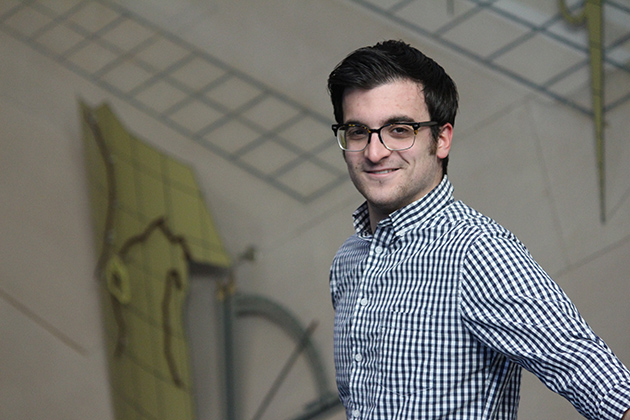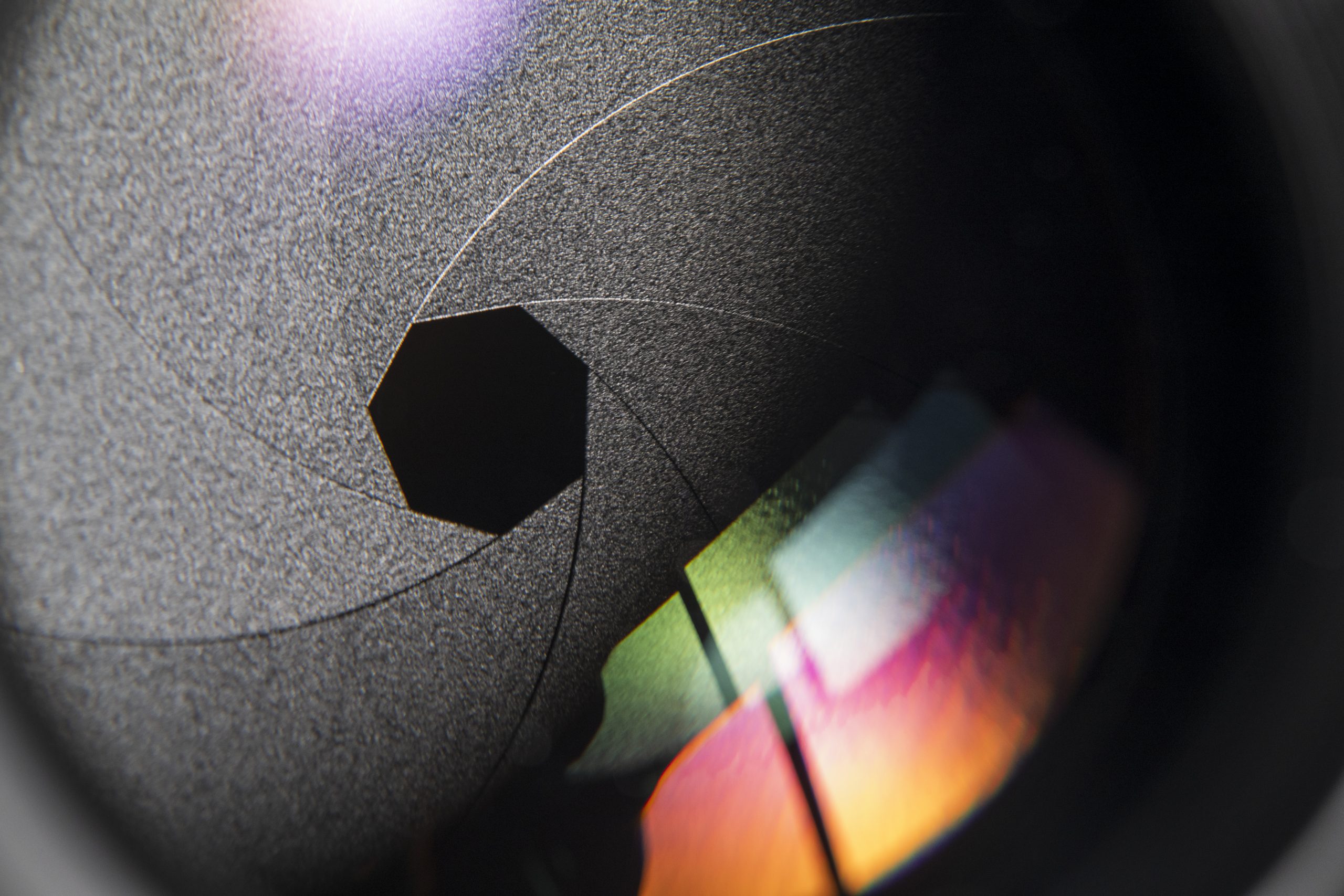
Before Sun Products Corp. hired UConn chemistry major Casey Camire as a summer intern, students studying engineering typically dominated the internship application pool.
Many companies, like Trumbull, Conn.-based Sun Products, which develops and markets household cleaning supplies, typically look first for chemical engineering college students when recruiting for their internship programs. But chemistry major and math minor Camire knew that with his background in chemistry and applied laboratory experience, he too could be a good fit for such a job.
“After my experiences there, they are now looking for more chemistry students,” he says.
Camire says he was able to market himself for his internship at Sun Products Corp. by showing – through a resume he posted on the Center for Career Development’s Husky Career Link – that the analytical skills he learned in his chemistry classes and his practical laboratory knowledge from three years of research experience were applicable to a real-world chemistry research environment.
“[Chemistry students’] training isn’t just in chemistry, it’s in problem solving,” says Camire. “It’s our ability to tease apart the variables.”
After posting his resume on Husky Career Link, he heard from several different companies. He says his analytical and instrumentation classes prepared him for the research and development work he did at his internship.
In his senior year of high school, Camire was a participant in the UConn Mentor Connection, a summer program designed by the Neag School of Education’s Center for Gifted Education and Talent Development to provide exceptional high school students the opportunity to work with UConn science professors on fun and creative laboratory experiments. He says that working with former UConn assistant professor Shawn Burdette through the UConn Mentor Connection not only encouraged him to attend UConn, but also helped him establish an interest in organic and analytical chemistry.

“Ever since starting here at UConn I’ve been involved in undergraduate research, and that has been the most consistent part of my chemistry experience,” Camire says. “I like research because you learn techniques that are marketable in this economy.”
He says his analytical chemistry class in particular utilized what he learned in physical chemistry and organic chemistry, and applied that knowledge to teach students how to solve real-world problems.
Recently, he was honored by the American Chemical Society’s Division of Analytical Chemistry with a national excellence award given yearly to an outstanding undergraduate student.
Professor emeritus of chemistry, James Stuart, with whom Camire is currently conducting research, says the award recognizes Camire’s outstanding ability to perform analytical chemistry. Stuart is teaching him how to use natural and synthetic antioxidants in biodiesel processing and testing, as well as for industrial research.
“Dr. Stuart is showing me lots of practical skills, like taking apart and putting tools back together,” says Camire, “and training me on a bunch of different standard testing procedures.”
Camire says his lab classes and internship at Sun Products convinced him that he wants to pursue a career in the constantly evolving chemistry research industry. His exceptional performance at Sun Products over the summer earned him an extension of his during the winter break.
“It’s fast-moving, challenging, and unpredictable work. I was simply given a problem and asked to solve it any way I could,” he says. “This meant I came to work each day not knowing exactly what I was going to do that day, and that freedom from monotony was very appealing.”
Stuart notes that being enthusiastic and adaptive are both key to succeeding in industry, and he is confident that Camire’s intelligence and eagerness to learn will lead him to success.
“In this day and age, things are moving so fast that you just have to be able to adapt and keep on learning,” says Stuart. “It’s up to you to take that initiative to the next level.”



